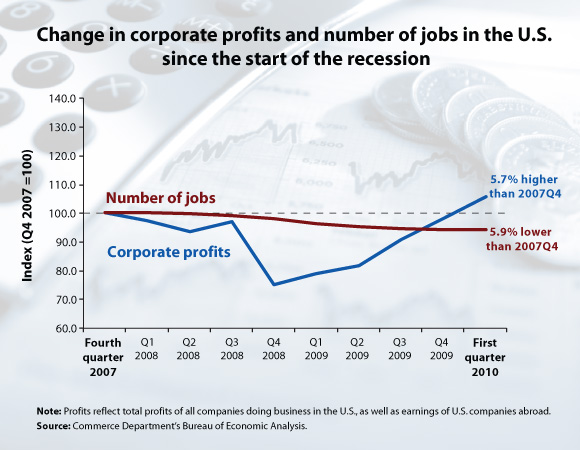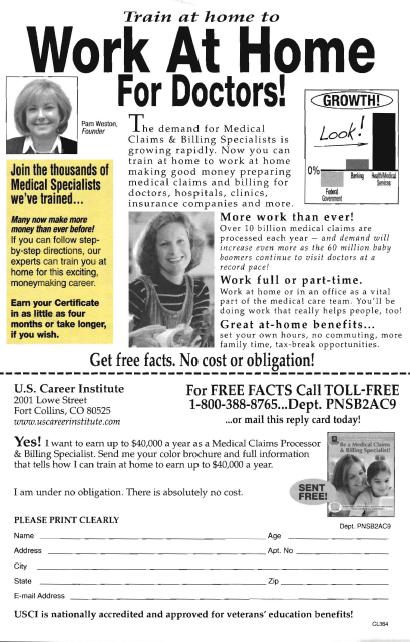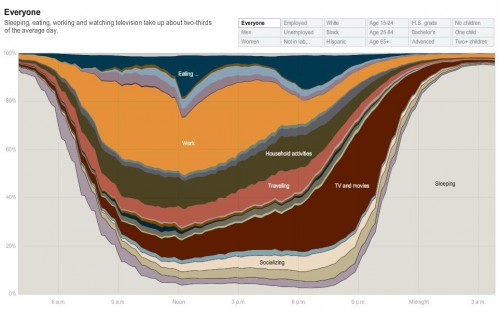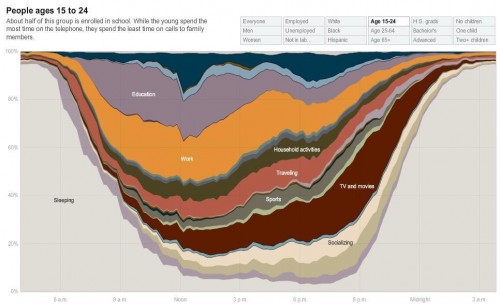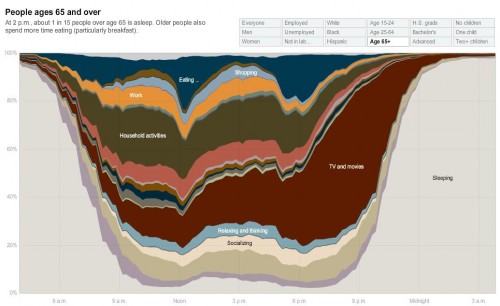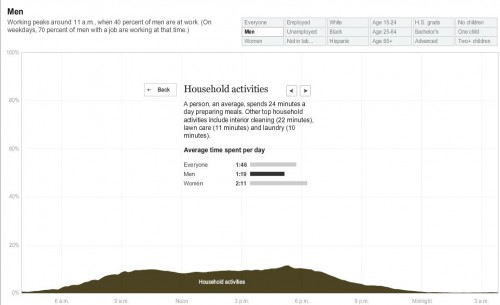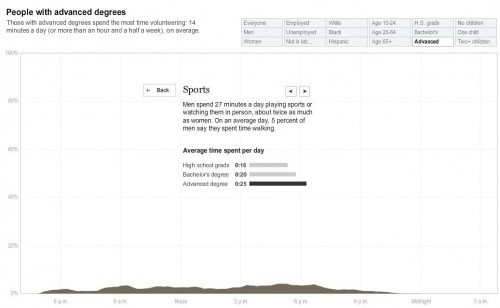
French sociologist Pierre Bourdieu is famous for helping us understand how economic elites reproduce their own wealth across generations. It takes money to make money, and that is certainly true. But as Bourdieu noticed, it wasn’t just money. Upper-class people had entire ways of living that excluded people without money and people who were newly rich. They knew the right people (and knew them in common), the right things (e.g., how to talk about yachts), and the right way to act (e.g., which fork to use first). Other people’s ignorance of these things exposes them to the elite as “not our kind of people.” Even when the elite aren’t biased towards their own on purpose, they’re still more likely to hire the guy who can chat about the most lauded vintage that year, and their children are more likely to marry the children of others who summered alongside them, and so on. All of these little things — mannerisms, interests, languages, sartorial choices — send messages that distinguish the elite from the non-elite, preserving the group as distinctly advantaged.
In other words, Countess Luann is right:
Thanks to RGR for linking to this video in our recent birthday post for Pierre! More Bourdieu-ian posts: taste, dumb vs. smart books, and the Evangelican habitus.
Lisa Wade, PhD is an Associate Professor at Tulane University. She is the author of American Hookup, a book about college sexual culture; a textbook about gender; and a forthcoming introductory text: Terrible Magnificent Sociology. You can follow her on Twitter and Instagram.

